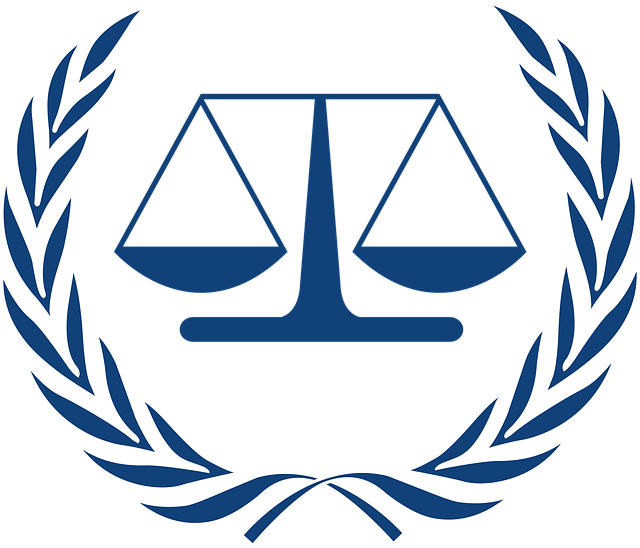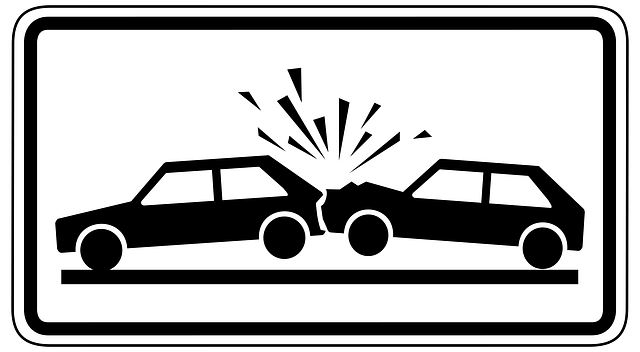Evidence is crucial for proving negligence and calculating damages in wrongful death cases, especially within Florida's four-year statute of limitations. Timely reporting, witness availability, and preserving physical evidence are key factors. Experienced lawyers assess evidence strength, provide action plans, and ensure compliance with unique case circumstances to enhance successful outcomes.
“Unraveling the intricate relationship between evidence and wrongful death statute of limitations is key to securing justice. This article explores how pivotal evidence can extend or curtail the time frame for filing claims, significantly impacting legal outcomes. We delve into the essential role it plays in such cases, focusing on wrongful death scenarios. By examining critical factors and navigating the legal landscape, we provide insights into managing evidence requirements, ensuring compliance with strict timelines. Understanding these dynamics is crucial for both plaintiffs and legal professionals.”
- Understanding Evidence's Role in Statute Cases
- Key Factors: Impact on Wrongful Death Claims
- Navigating Legal Timelines and Evidence Requirements
Understanding Evidence's Role in Statute Cases

In wrongful death statute of limitations cases, evidence plays a pivotal role in determining the outcome and timeliness of legal action. Understanding the intricate relationship between evidence and the statute of limitations is crucial for both plaintiffs and defendants. Each piece of evidence contributes to building a compelling case, influencing the application of the statute. For instance, medical records and expert testimony are essential to prove negligence, especially in complex cases like Boca Raton truck accidents. These documents can help establish the standard of care expected from healthcare professionals or drivers and whether it was breached, thereby justifying the pursuit of medical malpractice compensation or wrongful death compensation.
The impact of evidence extends beyond establishing fault; it also aids in calculating damages. In personal injury cases, evidence of lost wages, medical expenses, and pain and suffering can be used to demand appropriate medical malpractice compensation or wrongful death compensation. The more robust the evidence, the stronger the case becomes, ensuring that plaintiffs receive fair and just redress within the prescribed time frame.
Key Factors: Impact on Wrongful Death Claims

In wrongful death statute of limitations cases, evidence plays a pivotal role in shaping the outcome. Key factors such as the timeliness of reporting the incident, availability of witnesses, and preservation of physical evidence significantly impact the legal proceedings. For instance, in a car accident settlement, timely collection and presentation of evidence can make all the difference. Similarly, in nursing home neglect cases, documenting incidents and maintaining medical records are crucial to proving negligence beyond a reasonable doubt.
The presence or absence of compelling evidence directly affects the applicability of the statute of limitations. In cases involving property damage claims, for example, clear and detailed documentation of losses occurring within the prescribed timeframe is essential to avoiding dismissal. Effective legal strategies rely on thorough investigation and meticulous record-keeping from the onset, ensuring that all relevant evidence is gathered and properly presented to strengthen the wrongful death claim.
Navigating Legal Timelines and Evidence Requirements

Navigating legal timelines is a delicate task when it comes to wrongful death cases, and understanding the statute of limitations is a critical component. In Florida, for instance, the time frame to file a wrongful death suit is generally four years from the date of the incident, as per the state’s statute of limitations. However, this timeline can be influenced by various factors, including the discovery of new evidence. If a plaintiff uncovers crucial evidence that was previously unknown or unavailable, they may have grounds to extend the filing period. This delay can be justified if the evidence is deemed essential to proving the case, especially in complex matters like car accidents or Miami truck accidents.
The role of an experienced accident lawyer, such as those in Boca Raton, is to guide clients through these legal intricacies. They understand that each case has unique circumstances and deadlines. When dealing with time-sensitive issues, every moment counts. Lawyers can help assess the strength of evidence, advise on the best course of action, and ensure compliance with the statute of limitations, thereby increasing the chances of a successful outcome for their clients.
Understanding how evidence interacts with the statue of limitations for wrongful death claims is crucial for both plaintiffs and defendants. By comprehending key factors that influence evidence admissibility, individuals can navigate legal timelines more effectively. This knowledge empowers them to present strong cases, ensuring justice within the prescribed timeframes. In summary, staying informed about evidence requirements is essential in managing wrongful death statute of limitations cases successfully.






